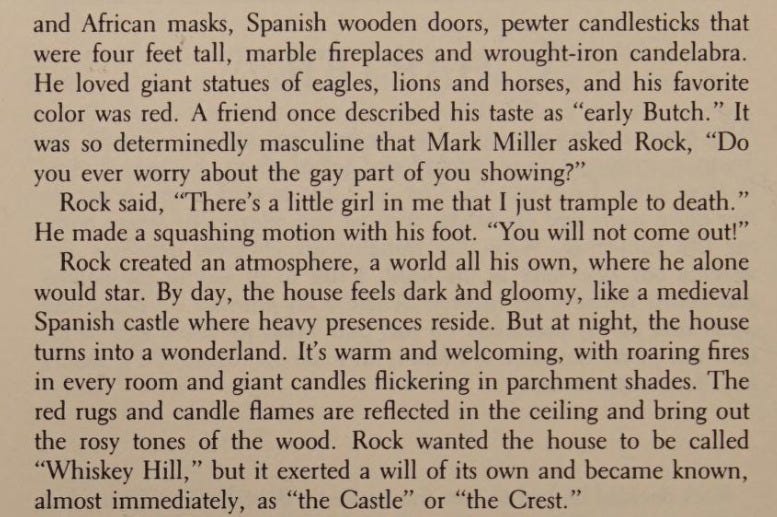Pride Month Special: The Sour Lemon Score
Happy Pride Month! Today we’re talking about The Sour Lemon Score by Richard Stark -- the twelfth book in the Parker series, that seminal classic of American noir (which us comic book fans are most likely familiar with from Darwyn Cooke's fantastic adaptations). What's so special about Sour Lemon is the gay couple at the centre of its tale and the fact that Mr. Stark's handling of gay characters is not just a first for this kind of genre fiction but it's also completely revolutionary.
For a book written in 1968, there's a level of introspection and complexity that had certainly never been afforded to gay characters in the mainstream before. It's the kind of thing we're not even seeing right now, let alone in the 1960s. The theme of the Parker novels has always been identity, the knowledge of oneself and the right to be that person is sacred above all else in Richard Stark's work but that's never been so evident as it is in this particular novel.
Parker's been double-crossed by a fellow heister named George Uhl and when we first meet Paul Brock & Matt Rosenstein, he's only trying to track down Uhl through his associates.
Again and again, we keep coming back to Paul Brock's apartment and its "veneer of masculinity" -- Parker's downright obsessed with the details of the place, and who can blame him? It's a fascinating choice on Stark's part, this decor, and hardly a random one. Heavy wooden furniture with Spanish influences seemed to have been a big thing for gay men in the 1960s, just take a look at Rock Hudson's home (nicknamed "The Castle") from 1962 to his death:
(from Rock Hudson: His Story 1986)
Even Liberace with his more flamboyant tastes had his Palm Springs home, nicknamed "The Cloisters", Spanish-style and with a heavy brass & wood motif and quite reminiscent of the "monastery" description up there in the Stark novel:
(from The World of Liberace 1973)
Obviously it's the existence of the second man in Brock's apartment -- the intimate details of the two toothbrushes, the clothes in the closet in two different sizes, etc. -- that's the main attraction here but the seemingly personal knowledge of gay tastes at the time add a necessary dimension to the character & the world around him. Paul Brock is not a stereotype, despite presumably being 'visibly' gay.
His lover, Matt Rosenstein, is an equally fascinating and well-developed character while exploring his struggle with internalized homophobia:
It's a portrayal of internalized homophobia that's cutting, visceral, and hard-hitting, especially for the era. Rosenstein and Parker are built up as mirrors of each other throughout the book and despite both of them referring to Brock as a "faggot" in their internal monologues, it's the more effeminate Paul Brock with his self-acceptance that wields all the power in his dynamic with Parker and that makes Rosenstein realize this reality about himself -- these are all books about criminals and hard cases, the narrative maintains that Rosenstein's worst trait is not knowing who he is.
The use of slurs may be disconcerting to most modern readers and I've noticed a large number of reviews calling Stark's work homophobic but I think the intention behind the story is loud and clear, and other books in the series have used "gay" and "homosexual" interchangeably and the preferred terminology has always been left up to the POV character. Even here, there's a stark (ahem) difference between Parker's use of the word -- to him, it's a descriptor -- and Rosenstein's -- drowning in his self-hatred.
As I come close to finishing the final book of the series, I wanted to shine a spotlight on my favorite entry in it and a widely unacknowledged piece of thoroughly fantastic gay literature.





















